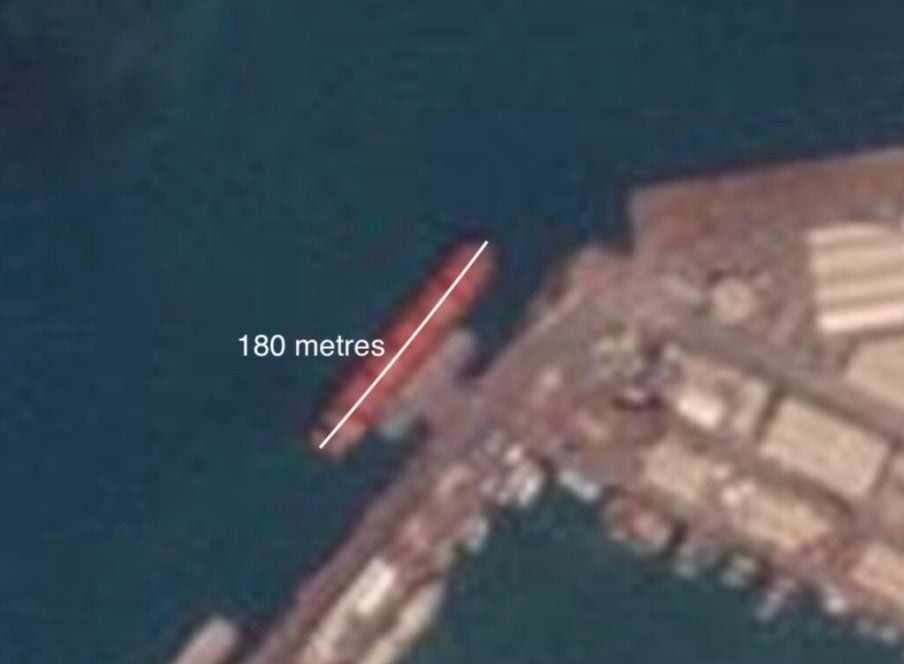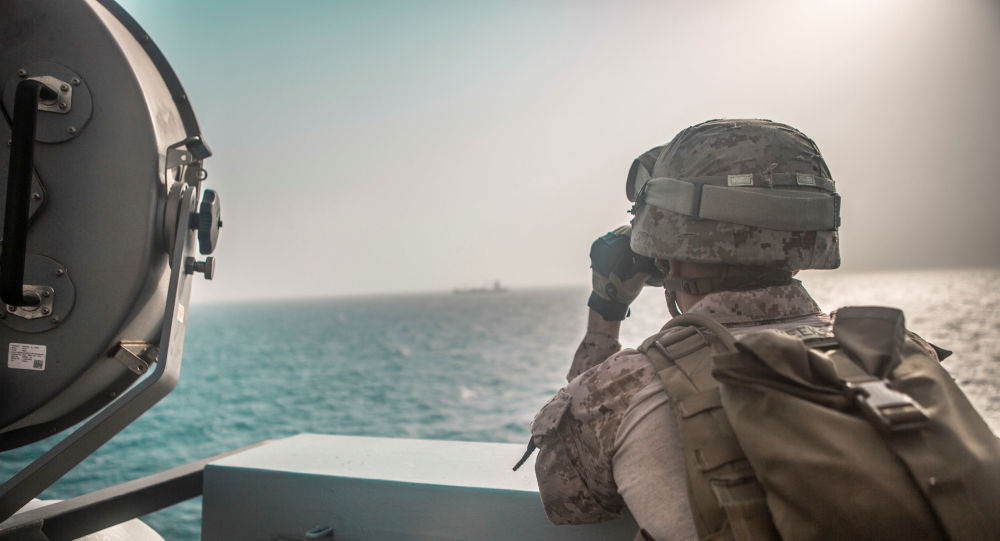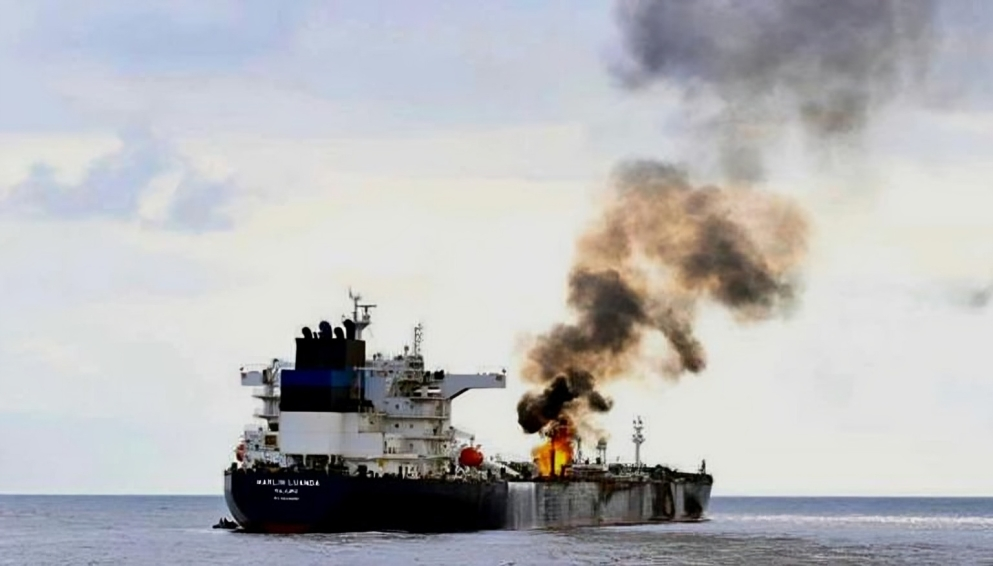
Barran Press
On December 19, 2024, the British maritime website Lloyd's List reported that Ukraine is "outraged" by the actions of a Russian-flagged vessel exporting grain covertly from a Western-sanctioned port in occupied Crimea to a port controlled by the Houthis in Yemen, marking the second such incident in recent months.
The investigation revealed that the Russian ship "Zafar" loaded grain from the occupied Crimean Peninsula and offloaded it at the Houthi-controlled port of Salif last month. According to the automatic identification system (AIS), the "Zafar" was spotted passing through the Bosphorus Strait on October 14 before navigating the Suez Canal and heading to Djibouti.
After leaving Djibouti, the vessel sailed to Salif, where satellite imagery confirmed its unloading on November 13, coinciding with AIS data showing its presence in the port. The investigation traced the ship's journey, noting it passed through the Suez Canal and Bosphorus again on November 18, heading north through the Bosphorus on November 29.
The investigation also highlighted that the ship was subject to scrutiny by the United Nations verification and inspection mechanism; however, the UN did not respond to requests for comments on whether the "Zafar" underwent inspection while in Djibouti. The UN Office for the Coordination of Humanitarian Affairs, which oversees this mechanism, also did not provide a response.
Satellite images and vessel tracking data indicated that the "Zafar" was docked at a pier in Djibouti in early November, having waited for several days at the harbor. Even if the vessel received clearance from the UN mechanism, it was unlikely to have acted transparently given its point of origin in occupied Crimea.
The investigation outlined that the UN's verification mechanism is designed to facilitate the flow of commercial goods to Yemeni ports not under government control while supporting the UN arms embargo. The ship is expected to have not disclosed its true point of departure to the UN.
The "Zafar" reportedly concealed its presence in Sevastopol by turning off its AIS, with its location only revealed through satellite imagery, indicating possible deliberate obfuscation. The ship was required to present a bill of lading and clearance from the loading port, but access to the ship's documents was not possible, and the ultimate owner of the "Zafar" remains unknown. The ship's manager did not respond to requests for comment.
According to the investigation, what Ukraine describes as "grain theft" via occupied ports has become increasingly common since the onset of Russia's full-scale invasion, with numerous vessels transporting grain from occupied ports to countries such as Syria and Iran. Ukraine has urged ports to reject such shipments if they are aware of their origin, raising the issue with the International Maritime Organization.





